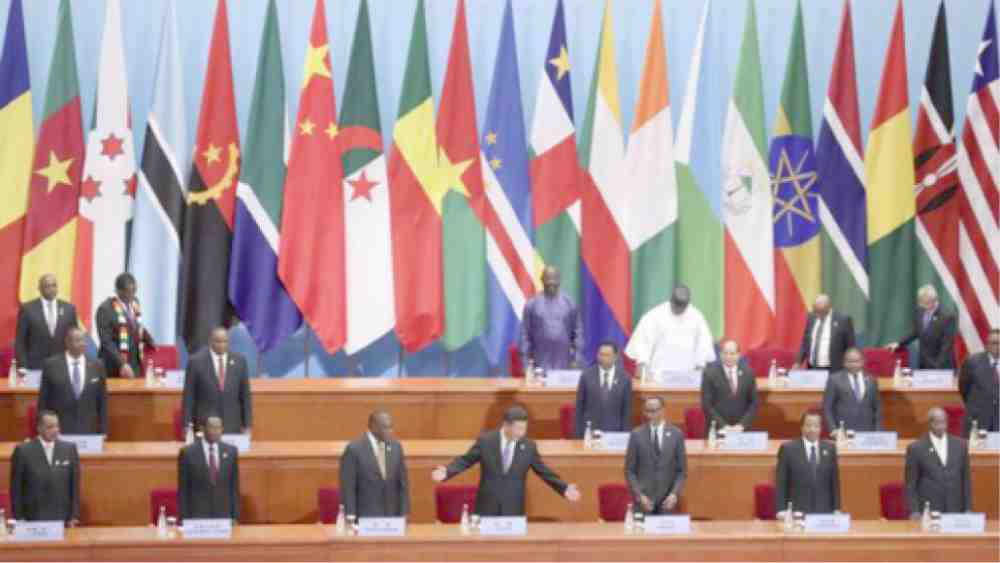China, on Monday, said Nigeria and 66 other countries have officially joined its Belt and Road Initiative (BRI).
BRI is considered as the most ambitious infrastructure investment effort in history through which China aims to boost trade and connectivity on a trans-continental scale.
The initiative, introduced by the Chinese Government in 2013, aims to strengthen infrastructure, trade, and investment links between China and participating countries.
It is poised not only to reshape global trade but also fill large and long-standing infrastructure gaps in partner countries and raise the living standards for more than half of the world’s population.
In 2018 alone, 67 countries signed cooperation documents with China on BRI, bringing the number of participants to 152, including international organizations, Zhang Yesui, a spokesperson for the annual session of China’s national legislature told journalists at a press conference in Beijing, China’s capital.
Nigeria signed the document last September at a bilateral meeting between presidents Muhammadu Buhari and Xi Jinping, held on the sideline of the Forum on China-Africa Cooperation (FOCAC) in Beijing.
Yesui said though Belt and Road is an initiative of the Chinese government, all decisions regarding its projects are made jointly by the participating countries.
“China will never impose its will on others,” he said.
The BRI is meant to enhance connectivity, and with that create more opportunities for China and world economic growth, he added.
The second Belt and Road for International Cooperation is billed to hold in Beijing in April.
Yesui expressed optimism that participating countries would reach greater consensus.
Meanwhile, the second session of the 13th National People’s Congress (NPC), China’s top legislature, opens on Tuesday in Beijing.
The NPC is the supreme organ of state power in China. It is composed of NPC deputies who are elected according to law from 35 electoral units from the people’s congresses of provinces, autonomous regions, municipalities directly under the Central Government.
Each congress is elected for a term of five years. NPC’s major task is to amend the constitution and oversee its enforcement, enact and amend basic laws governing criminal offences, civil affairs, state organs and other matters, among others.
Yesui said of the 2,975 deputies for the 13th NPC, 2,956 have registered with the session.
This year’s session will close on March 15, he added.

 Join Daily Trust WhatsApp Community For Quick Access To News and Happenings Around You.
Join Daily Trust WhatsApp Community For Quick Access To News and Happenings Around You.


